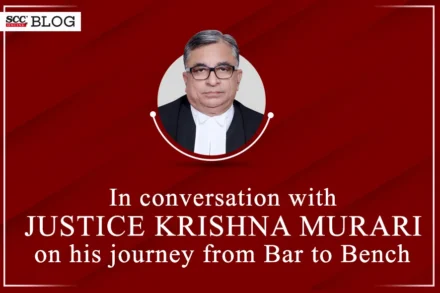
In conversation with Justice Krishna Murari on his journey from Bar to Bench
Interviewed by Taha Bin Tasneem

Interviewed by Taha Bin Tasneem
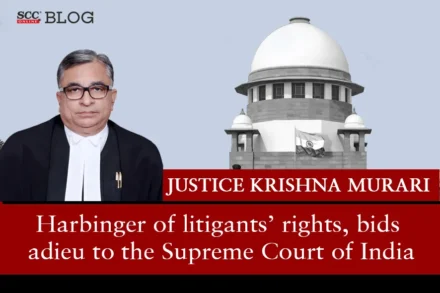
Justice Krishna Murari, who has been serving as a Judge of the Supreme Court of India, retires after an extensive career of 4.5 years. Prior to his appointment to the Supreme Court, he had served as the Chief Justice of the High Court of Punjab and Haryana and the Judge of the High Court of Judicature at Allahabad.
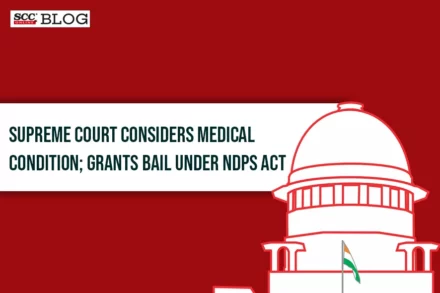
The Supreme Court observed that the petitioner was on a ventilator earlier but was discharged due to non-availability of proper medical treatment in the prison.

The Supreme Court observed that the entire acquisition proceedings and the benefits, which were proposed by the State Government to Anil Agarwal Foundation for setting up Vedanta University were vitiated by favourism and violative of Article 14 of the Constitution of India.
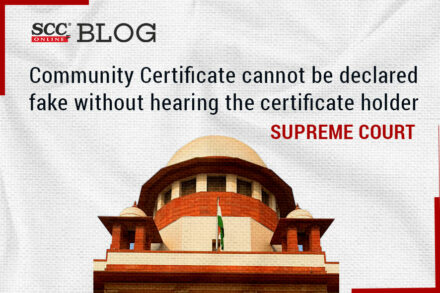
In the case at hand, as the right to be heard was denied to the community certificate holder, the burden of proof to disprove the nature of the certificate, had not been discharged. Hence, the Supreme Court presumed the community certificate to be genuine.
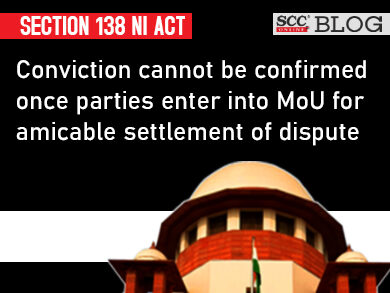
The Supreme Court observed that such settlement is nothing but a compounding of the offence and hence, the Court cannot override such compounding and impose its will.
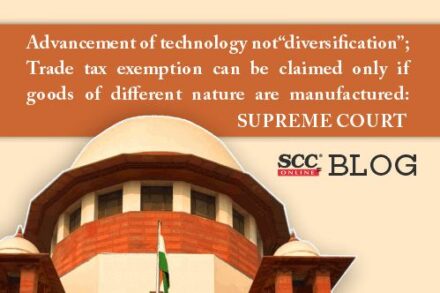
The Supreme Court was hearing the case where a manufacturer was earlier manufacturing “Spun Line Crown Cork” used for sealing the glass bottles but now with the use of modern technologies, was manufacturing “Double Lip Dry Blend Crowns”, also used for sealing the glass bottles.
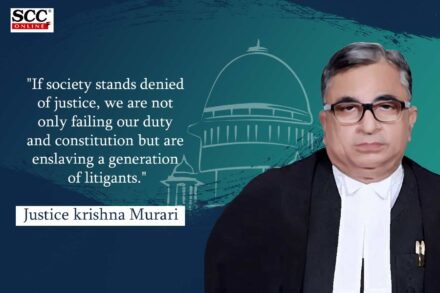
by Suchita Shukla†
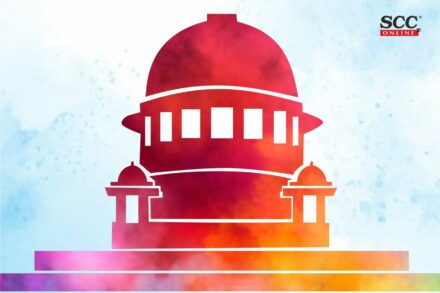
Supreme Court: The bench of SA Nazeer* and Krishna Murari, JJ has held that if the contract contains a specific clause which